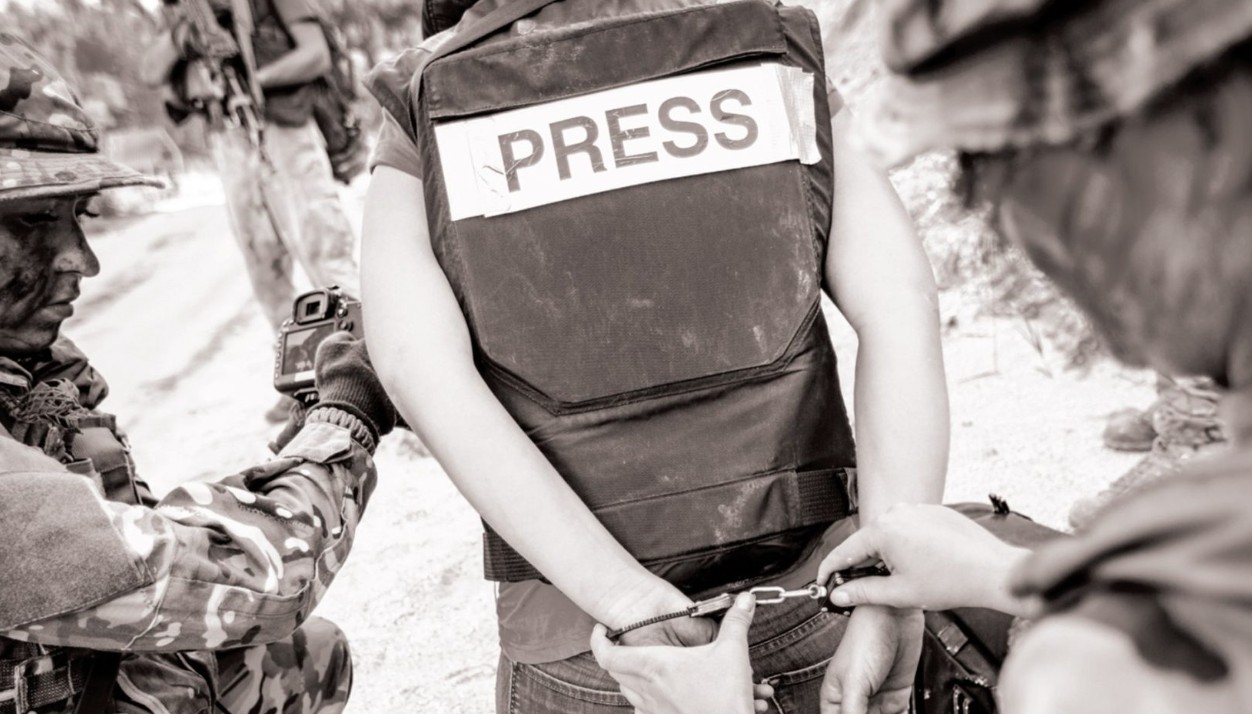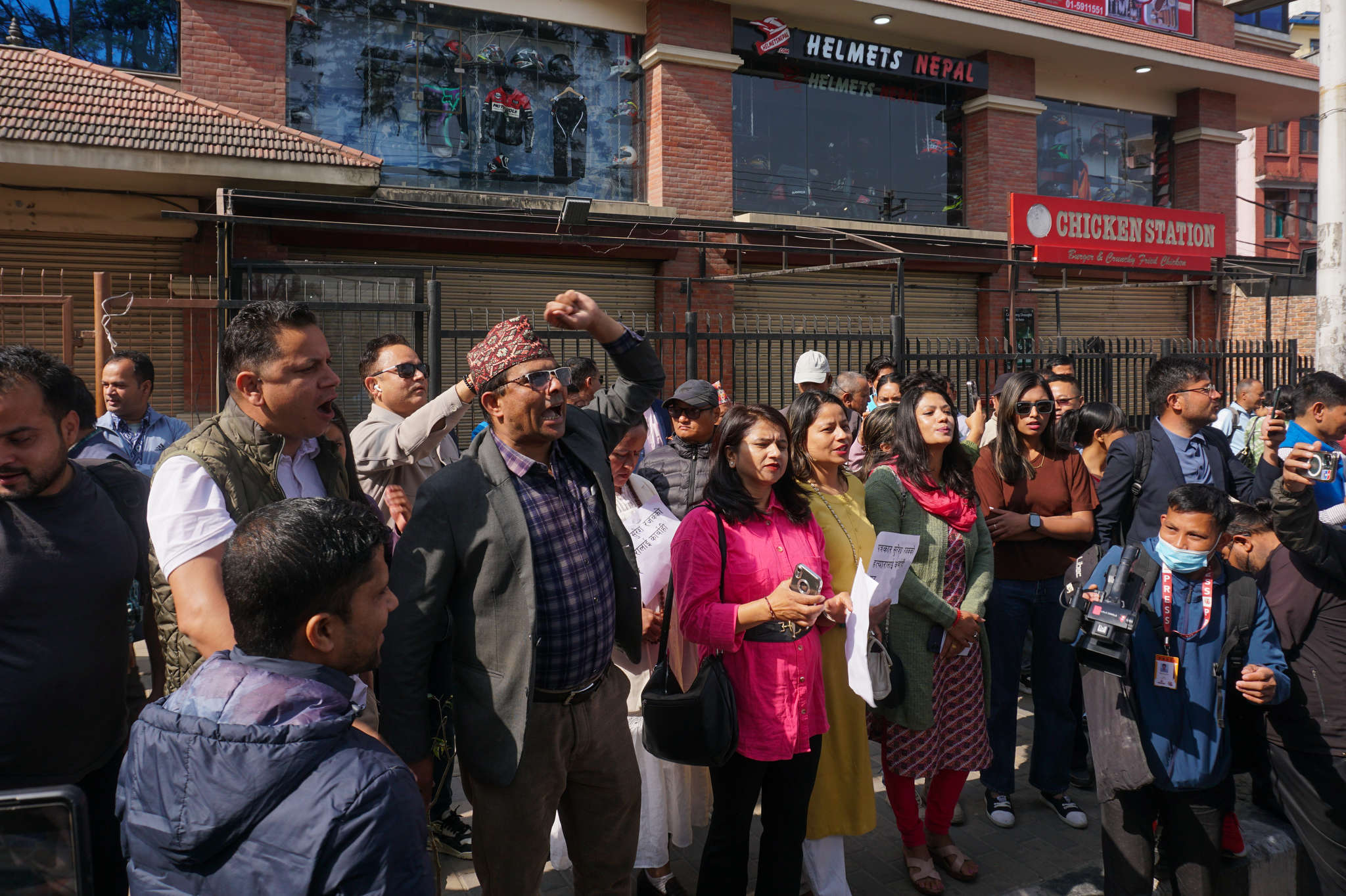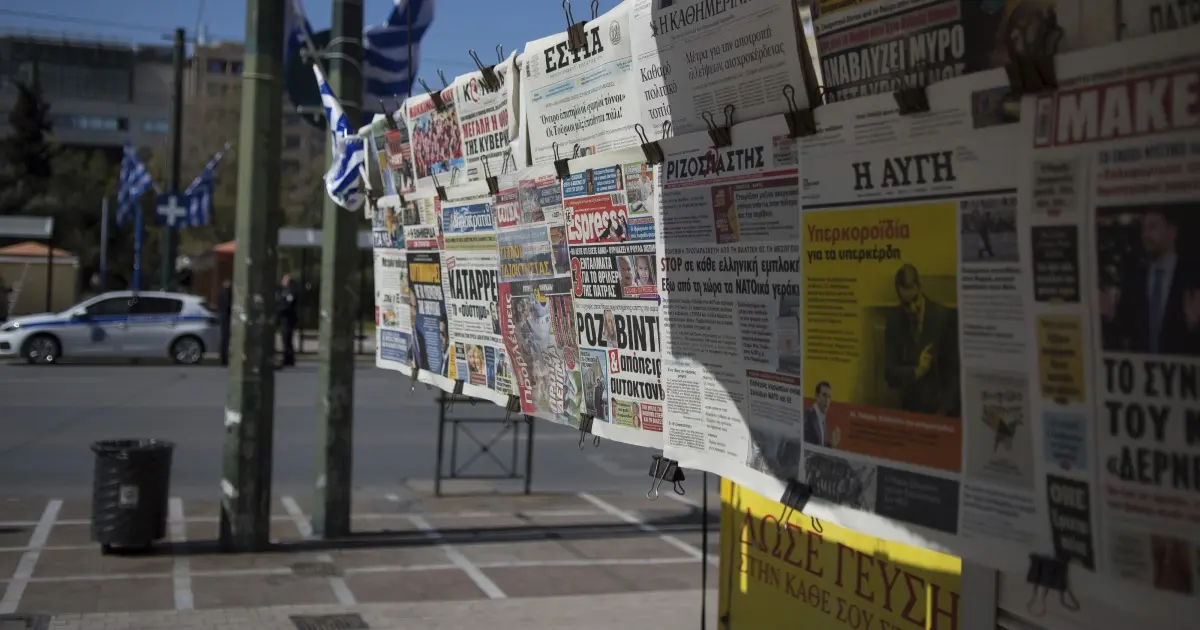
“Don’t Shoot the Journalists”: A Global Chorus of Press Under Fire
September 29, 2025
Erosion of Press Freedom in Nepal: A Deepening Crisis
September 30, 2025Freedom of Information (FOI) is a cornerstone of democratic accountability, yet across Europe, journalists face systemic obstacles when exercising this right. A recent monitoring report covering Germany, Hungary, Malta, and Ukraine highlights how legal guarantees often fail in practice, leaving media workers unable to access vital public records.
Between January 2020 and June 2025, sixty press freedom violations tied to FOI were documented, with Ukraine registering the highest number of cases. While each country presents a different political and legal landscape, the challenges reveal a broader European trend: laws exist, but they are undermined by bureaucracy, political interference, or national security concerns.
In Germany, political actors have sought to weaken the FOI framework altogether, attempting to replace it with diluted “transparency reforms.” Journalists using the law frequently encounter prohibitive fees, outdated postal requirements, and authorities unwilling to preserve or release digital records. Hungary presents a more overt form of restriction, with the ruling party under Prime Minister Viktor Orbán systematically weaponizing legislation to discourage requests. Journalists from outlets like Átlátszó often find themselves in drawn-out legal battles, with courts imposing costs that deter further appeals
Malta exemplifies obstruction through legal design. Its FOI Act is riddled with exemptions and burdensome procedures, while coordinated government pushback routinely forces outlets into costly court proceedings. Even when journalists win appeals, authorities often withhold information, revealing a culture of secrecy entrenched at the state level. Meanwhile, in Ukraine, the war has intensified the tension between transparency and security. Authorities frequently reject requests under martial law provisions, close state registries, or delay access. Though Ukraine’s FOI law ranks among Europe’s strongest on paper, wartime conditions have enabled restrictions that risk becoming normalized
The report concludes that across these cases, the core issue is not the absence of FOI laws but their erosion in practice. Journalists remain on the frontlines, forced into prolonged legal disputes, denied timely information, or silenced through procedural obstacles. Protecting FOI is not only about defending journalistic work but about safeguarding democratic participation itself. Without accessible public records, accountability weakens, corruption flourishes, and societies lose trust in institutions.
Reference –

